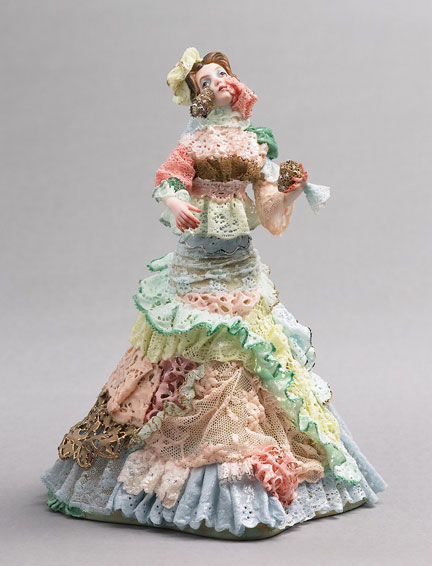
In 2010, Ali Liebegott took a road trip by train. Destination: the Emily Dickinson house. Along the way, she interviewed poets—Dorianne Laux, Marie Howe, CAConrad, and many more. We’ll be reposting the series to celebrate the release of Liebegott’s fourth book, The Summer of Dead Birds.
I interviewed CAConrad in a condo in Akumal, Mexico while he was attending the RADAR Lab as a writer in 2012. His books include: While Standing in Line for Death, A Beautiful Marsupial Afternoon: New (Soma)tics, The Book of Frank, The City Real & Imagined (with Frank Sherlock), Advanced Elvis Course, (Soma)tic Midge, Deviant Propulsion, as well as many chapbooks.
—Ali Liebegott
I. A Loaded Gun
THE BELIEVER: Do you remember the first time you ever heard or read an Emily Dickinson poem?
CACONRAD: Yes, I do. I grew up in rural Pennsylvania in this terrible little town. There are these two filmmakers named Belinda and David Schmidt who are making a documentary about me and my poetry. We recently went back to where I grew up. And it hasn’t really changed. They thought I was probably making some of the stuff up or embellishing but they found out that I was not. The Ku Klux Klan kind of runs the town. They’re on the school board; they’re on the zoning board. They’re big. They’re not the clan you think of and they interviewed my father about it and they were kind of freaked out by the interview because he was very open about the Klan being everywhere and he had to shut his windows, he was afraid people could hear. It’s a paranoid old town. For some reason I just wanted to tell you that part. So the thing is that the library is really deficient. There’s a deficit of anything smart. But they had Emily Dickinson in the library because everyone in America does and I remember the first time I read an Emily Dickinson poem on my own picking up the book off the shelf of poetry and being in love with it.
BLVR: How old were you?
CA: Maybe nine or ten. At this point in my life my mother had been arrested a bunch of times and couldn’t get work. So she put me to work at age eight, selling cut flowers along the highway. There was all this isolation, so I started reading. I went to the library because I needed books and I remember finding this book of Emily Dickinson’s poems and falling in love with it. A few years later, she came up in class for the...
You have reached your article limit
Sign up for a digital subscription and continue reading all new issues, plus our entire archives, for just $1.50/month.
Already a subscriber? Sign in




